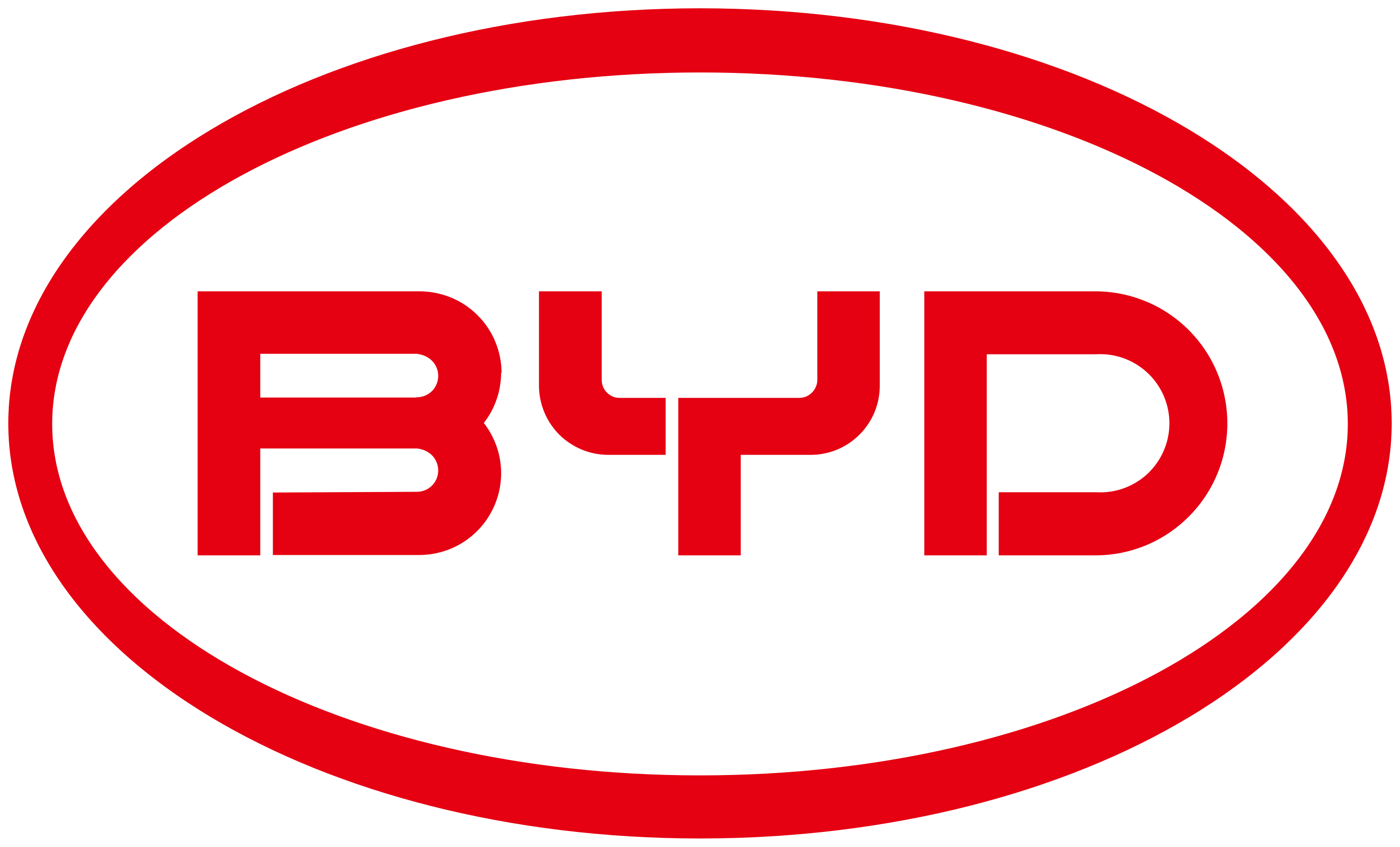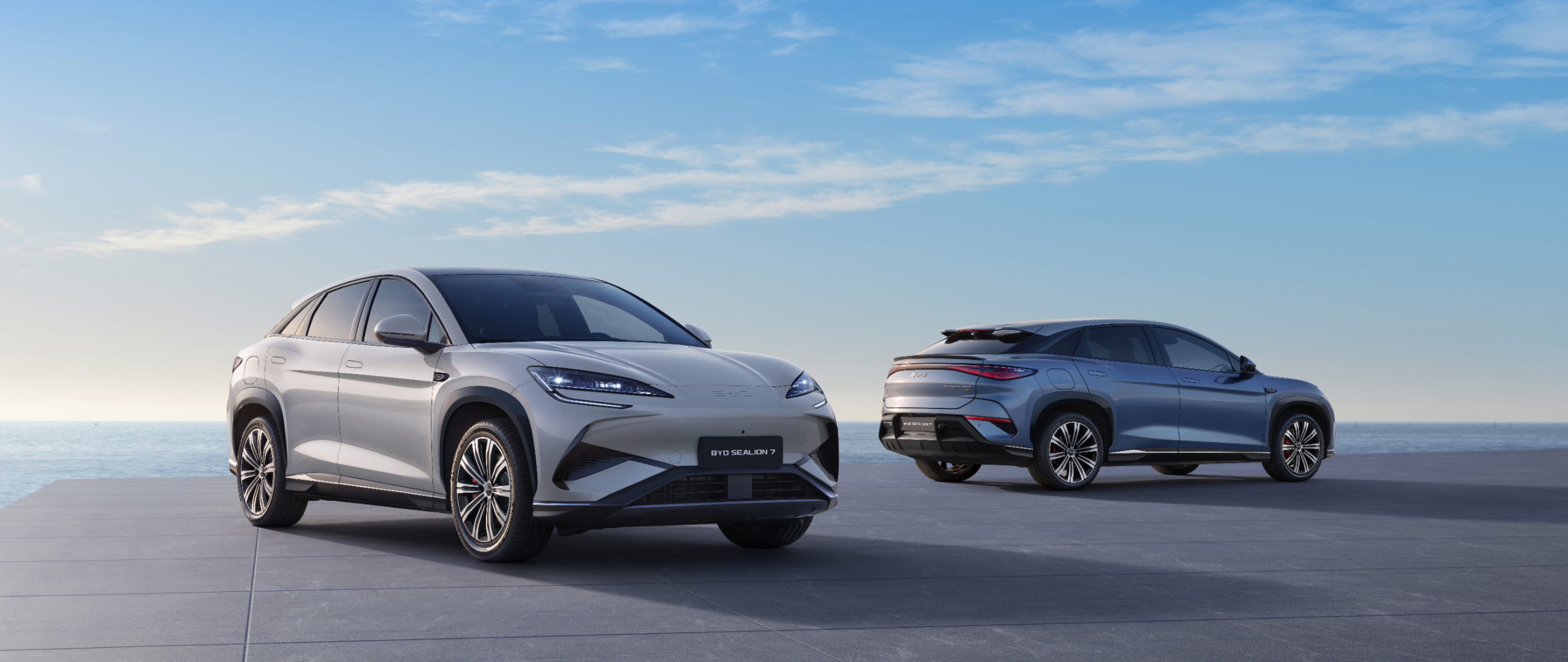🎰 The EV Table Welcomes a New Player: Can BYD Emerge as the Winner?
BYD's Entry into the Korean Market and the Shift in the EV
by Arielle
🎲 The EV Table Welcomes a New Player: Can BYD Emerge as the Winner?
If you’re interested in cars, you’ve probably heard the name BYD at least once. Yes, BYD is the game-changer aiming to shake up the electric vehicle(EV) market with its astonishing price point in the 30-million KRW range. After much speculation in the industry, BYD officially entered the South Korean market on January 16, 2025.

As someone building a career in mobility, software, and autonomous driving, BYD represents more than just another car brand—it holds significant value. In this post, we’ll explore why BYD is worth paying attention to and what challenges lie ahead.
📊 BYD's Market Impact and Position Among Domestic Brands
The South Korean import car market has a ‘mid-tier’ category, which includes brands like Renault, GM, and KG Mobility. While these brands produce quality vehicles, they neither belong to the high-end luxury segment nor have a strong foothold in the EV and hybrid market.
Simply put, their positioning is ambiguous.
BYD’s entry into the Korean market doesn’t only pose a threat to domestic giants like Hyundai and Kia. Mid-tier brands are also likely to face serious challenges. BYD aims to capture market share by offering affordable yet practical EVs that cater to a broad audience.
♟️ BYD's Strategic Entry into the Rental Car Market
Another major reason for BYD’s potential success in South Korea is the rental car market. BYD is expected to leverage a high-volume, low-margin strategy to collaborate with local rental car companies. Here’s why!
1️⃣ Market Saturation in China
-
As of 2023, there were 52 EV brands and 187 models in China, leading to a 9.6% drop in average vehicle prices.
-
Despite increased production capacity, factory utilization rates remained below 50%, making exports crucial.
2️⃣ Stable Demand Through Bulk Orders
-
Leading rental companies in Korea, such as Lotte Rent-a-Car and SK Rent-a-Car, have been sold to Hong Kong-based private equity firms, signaling an opportunity for new partnerships.
-
BYD plans to accelerate market penetration by supplying vehicles in bulk.
-
⚠️ It is unofficial, of course, BYD is preparing to introduce a rental model priced as low as 200,000 KRW(approximately $150 USD) per month, further attracting customers.
3️⃣ Overcoming Resistance to Chinese Brands
- BYD is likely to focus on B2B markets (corporate and rental services) instead of direct sales to individuals to mitigate consumer resistance to Chinese brands.
💵 BYD's Key Models and Competitive Pricing
BYD is set to introduce the following EV models in South Korea
- Atto 3: A compact SUV similar to Hyundai Casper EV, available for under 30 million KRW with government subsidies.

- Seal 7: A mid-sized SUV positioned competitively against Hyundai Sorento.

- Dolphin: A compact hatchback priced in the 20 million KRW range.

BYD’s strength lies in its exceptional price-to-performance ratio, particularly its battery technology, which outperforms many competitors.
🚀 Challenges and Potential for Success in the Korean Market
Despite its promising entry, BYD faces several challenges in South Korea
1️⃣ Quality and Service Expectations
-
Korean consumers have high expectations regarding quality, and any initial issues could damage brand credibility.
-
In fact, Lee Ho-geun, an automotive engineering professor at Daedok University, analyzed the psychological differences between Japanese and Korean consumers. He noted that BYD, which entered the Japanese market in 2023 before Korea, surpassed Toyota Motor to rank 4th in EV sales.
-
Unlike Japan, Korean consumers prioritize quality, brand value, and do not necessarily prefer domestic brands. Therefore, BYD’s affordability may not be enough to convince Korean consumers who prioritize quality and brand reputation.
2️⃣ Government Regulatons
- Korea’s complex eco-friendly vehicle regulations and potential changes in subsidy policies could pose obstacles.
3️⃣ Brand Recognition
- Overcoming negative perceptions of Chinese car brands through effective marketing will be crucial.
Furthermore, BYD’s success is likely to attract other Chinese EV makers, such as Zeekr and Xpeng, increasing competition within the local market.
🏁 Conclusion
BYD’s entry into the Korean market is more than just an import—it’s a game-changer that could reshape the country’s EV landscape. Not only Hyundai and Kia but also mid-tier import brands must brace for a fierce challenge.
With strong pricing strategies and a targeted approach through the rental market, BYD has the potential to revolutionize the EV industry in Korea. However, the real challenge lies in overcoming brand recognition hurdles, ensuring high service quality, and adapting to local regulations.
In my view, BYD’s entry into Korea was never a question of ‘if,’ but ‘when.’ Industry experts have long pointed out issues with Korea’s eco-friendly car policies, and this moment feels like a classic case of fixing the barn after the horse has bolted. But what can we do? The table is set, and the new players have arrived.
BYD has stepped up as the new dealer, ready to shuffle the cards and redefine the rules. However, domestic automakers that have weathered countless storms might have a few tricks up their sleeves. So no matter what to do, in the end, the true game-changer will be us.
Reference
Overseas carmakers in Korea sandwiched by influx of ultra-cheap BYD EVs
BYD to Enter South Korean Passenger Car Market Next Year
Survey reveals consumer preference for hybrid cars over pure EVs
Subscribe via RSS
